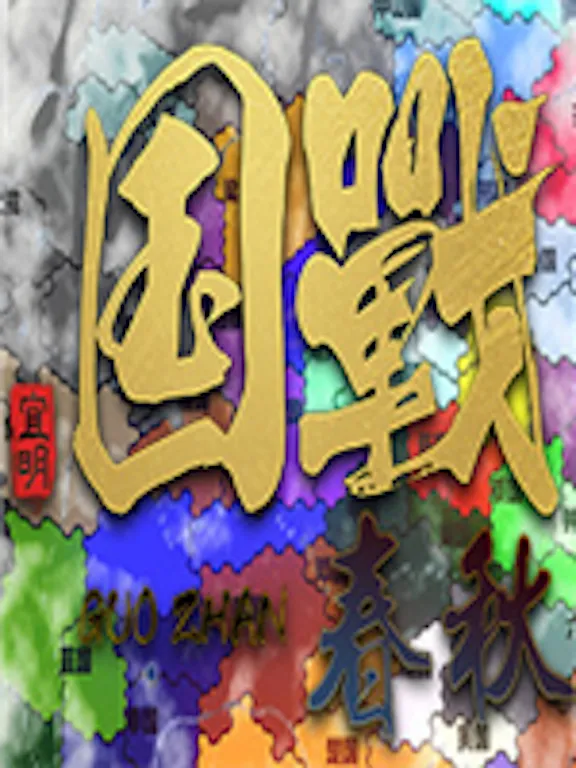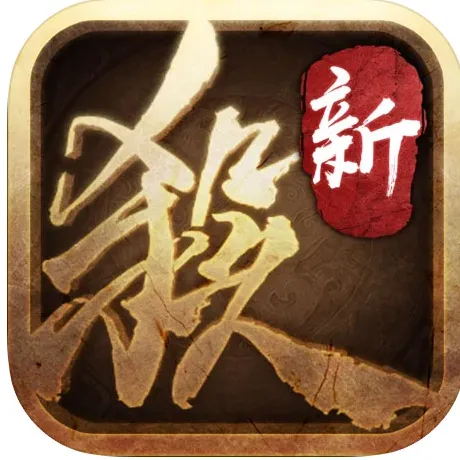其实春秋名臣历史地位及任职年份全面解析的问题并不复杂,但是又很多的朋友都不太了解,因此呢,今天小编就来为大家分享春秋名臣历史地位及任职年份全面解析的一些知识,希望可以帮助到大家,下面我们一起来看看这个问题的分析吧!
所以了解名臣的地位对于我们来说是非常重要的。具体春秋时期有12位名臣。

鬼谷子的位置在朝歌,老子的位置在宛丘,扁鹊、孙膑的位置在陶丘,范蠡的位置在蜀,墨子的位置在商丘,吴起和孔子的位置在曲阜,管仲的位置在琅琊和西施。孙吴在会稽,孙吴的职位在苏州,齐姜的职位在安邑。

春秋初期以后,有过一个三族分晋的时期。这时候,春秋时期除了齐姜、扁鹊、范蠡之外,又多了一位豫让可以征召。他的职位是苏耀,时间是公元前454年。这个阶段,我们可以在姜、晋阳、炀帝三个地方找到齐姜、扁鹊、范蠡。战国时期,有很多新的名臣可以征召,这里就不多说了。
相关问答
答: 1. 谁是春秋名臣中的无悔?这位人称 whom is known as the "No Regret" figure in the Spring and Autumn Period of Chinese history? <br>Answer: Sun Tzu, 孙子, is the most famous "No Regret" figure in Chinese history. He was a military general, strategist, and philosopher who lived during the Eastern Zhou period (722-256 BC). Sun Tzu is best known for writing "The Art of War," a foundational text for military strategy. Another "No Regret" figure is Guan Zhong, 关重, who served as a chancellor under King Xiaozhi of the state of Qi. 2. 哪些年分属于春秋名臣时期?What are the years that belong to the Spring and Autumn Period of Chinese history? <br>Answer: The Spring and Autumn Period (春秋时代) in Chinese history covers approximately from 771 BC to 476 BC. This period is characterized by the decline of the Zhou Dynasty and the rise of various small states. During this time, powerful figures, known as the Spring and Autumn Annals' "Names of Officers" (春秋名人), held positions of power. Some of these figures include Sun Tzu, Guan Zhong, and Zichan, 子CHANT.
246 人赞同了该回答
答: 1. 谁是春秋名臣中的伟大但被遗忘的人?Who is a great but forgotten figure among the Spring and Autumn Period's "Names of Officers" (春秋名人)? <br>Answer: One such figure is Zifang, 子房, who was a military commander and strategist during the Spring and Autumn Period. He is known for his victories against the state of Qi and his contribution to the strengthening of the state of Wei. However, he is often overshadowed by more famous figures like Sun Tzu and Guan Zhong. <br>Answer: Another figure is Duke Huan of Qi, 齊桓公, who was a wise and capable ruler during the Spring and Autumn Period. He is known for his military conquests, his promotion of agriculture and commerce, and his patronage of scholars. Despite his accomplishments, he is often overlooked in the annals of Chinese history. 2. 为什么这些伟大但被遗忘的春秋名臣值得重视?Why should these great but forgotten Spring and Autumn Period figures be worth our attention? <br>Answer: These figures, although less well-known than their more famous counterparts, played significant roles in the political and military landscape of the Spring and Autumn Period. They contributed to the rise and fall of various states, shaped Chinese military strategy, and influenced the cultural and intellectual development of Chinese society. By studying their lives and accomplishments, we gain a more nuanced understanding of this important period in Chinese history.
209 人赞同了该回答
答: 1. 谁是春秋名臣中与军事战略有关的人?Who among the Spring and Autumn Period's "Names of Officers" (春秋名人) is associated with military strategy? <br>Answer: Sun Tzu, 孙子, is the most famous figure associated with military strategy in the Spring and Autumn Period. He is best known for writing "The Art of War," a foundational text for military strategy that has influenced military thinking for over two thousand years. <br>Answer: Another figure is Wu Qi, 吴佶, who was a military strategist and politician during the Warring States Period (475-221 BC), which followed the Spring and Autumn Period. Although he lived after the Spring and Autumn Period, his military strategies and political maneuvers were influenced by the ideas and practices of the earlier period. 2. 这些军事战略相关的春秋名臣做出了哪些实际影响?What were the practical impacts of these military strategy-related Spring and Autumn Period figures? <br>Answer: Sun Tzu's "The Art of War" introduced innovative military concepts such as deception, flexibility, and the importance of terrain. These ideas influenced military thinking for centuries and are still relevant today. <br>Answer: Wu Qi is known for his unconventional military strategies, such as using terrain to his advantage and employing surprise attacks. He played a key role in the Battle of Changping, which resulted in the defeat of the state of Yan and the establishment of the state of Qin as the dominant power in China.
64 人赞同了该回答














































